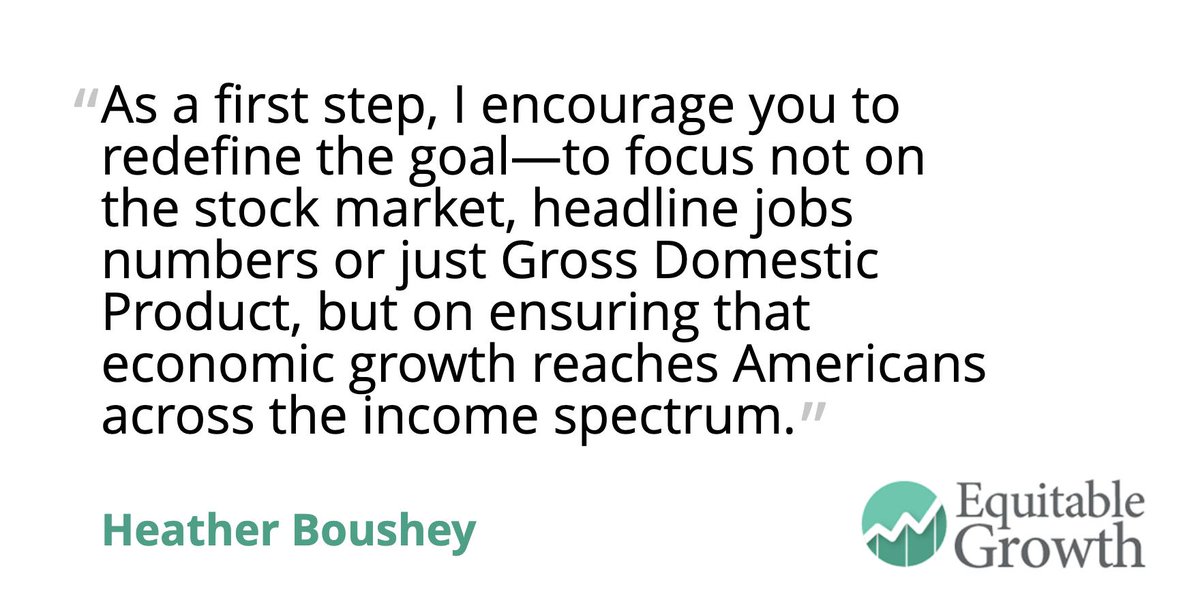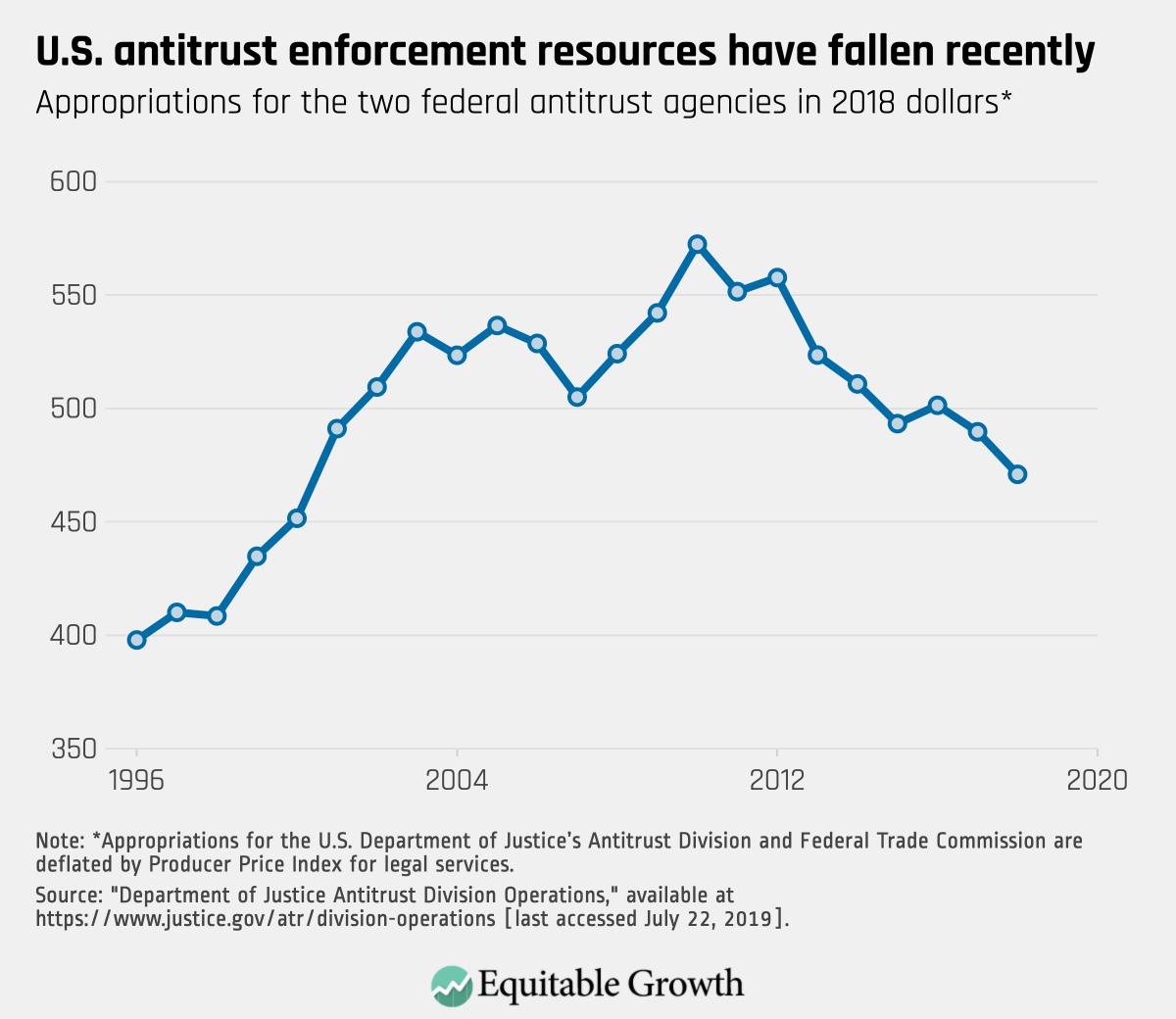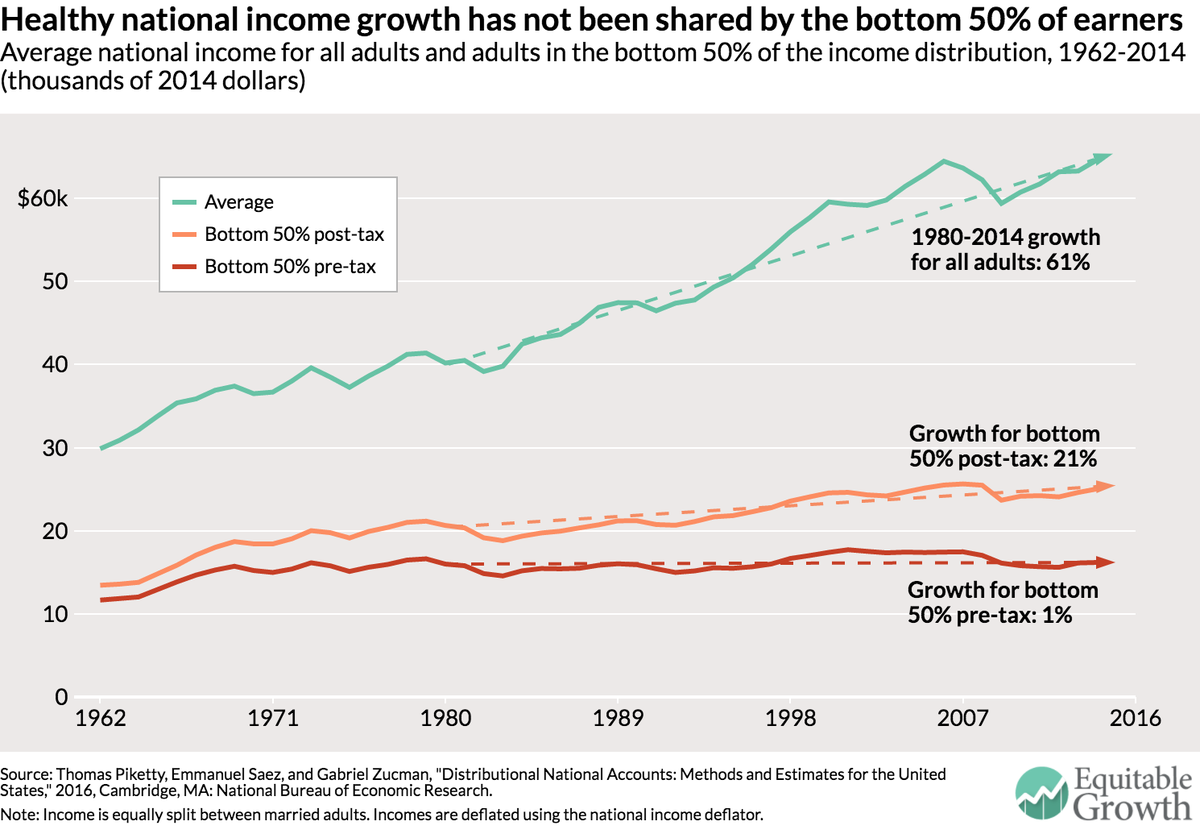
- Obstructing the supply of people & ideas into our economy & limiting opportunity
- Subverting the institutions that manage the market
- Distorting demand through its effects on consumption & investment
Congress should require the release of growth data that is broken down by income group to ensure no one is left behind.
But on top of everything else, in recent decades federal antitrust enforcers have not had the resources they need to do their job of preventing anticompetitive consolidation.

We need a national commitment to ensuring equal access to primary and secondary school and to ending unequal access to early childhood education and care
#Paidleave and stable scheduling policies support workers to navigate work-life conflict—a boon to the economy overall
/end
















